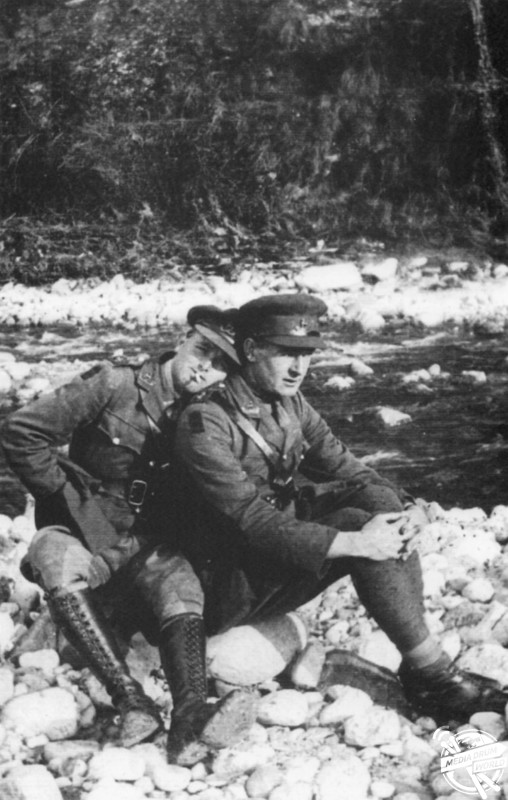
By Rebecca Drew
THE INCREDIBLE and previously untold stories of the gay men who dedicated their lives to defending our country during the two world wars has been revealed in a new book – on the fiftieth anniversary of the decriminalisation of homosexuality.
The love letters of First World War sweethearts, working-class Ralph Hall and middle-class soldier Montague Glover have been published in the book. Ralph went on to serve in the RAF during the Second World War, the couple lived together until the eighties, risking imprisonment for their relationship up until 1967.
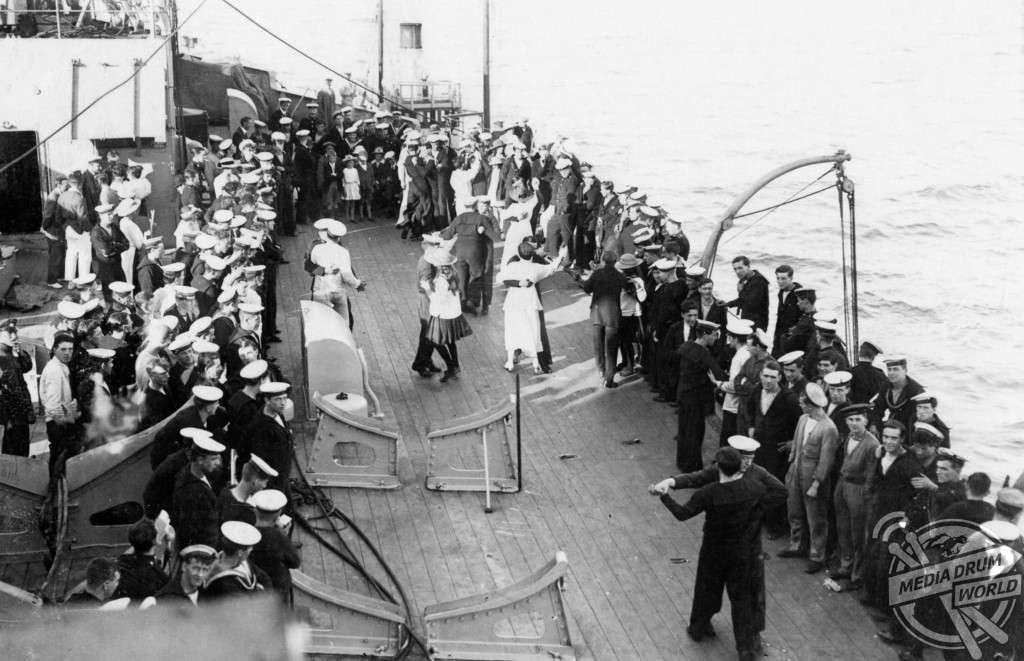
Other fascinating tales told in the book include that of Journey’s End playwright, R.C. Sherriff who was a captain in WW1, and Ivor Novello who wrote Keep the Home Fires Burning. Stunning black and white images show a snapshot of life on the board the ships in the Navy where men would put on theatrical performances.
The stories have been unveiled in Fighting Proud: The Untold Story of the Gay Men Who Served in Two World Wars by historian and writer, Stephen Bourne. It is published by I.B. Tauris.
“As a gay man who was concerned with the lack of availability of gay history books, it inspired me to consider writing about the lives of gay men in the two world wars,” he said.
“When I started to look closely at the experiences of gay men in the Second World War, I realised that, despite homophobia, and the fact that homosexuality was against the law, gay men were accepted into the armed services, they were integrated and in some instances, became ‘mascots’ on board their ships, in their regiments or in their RAF crews.
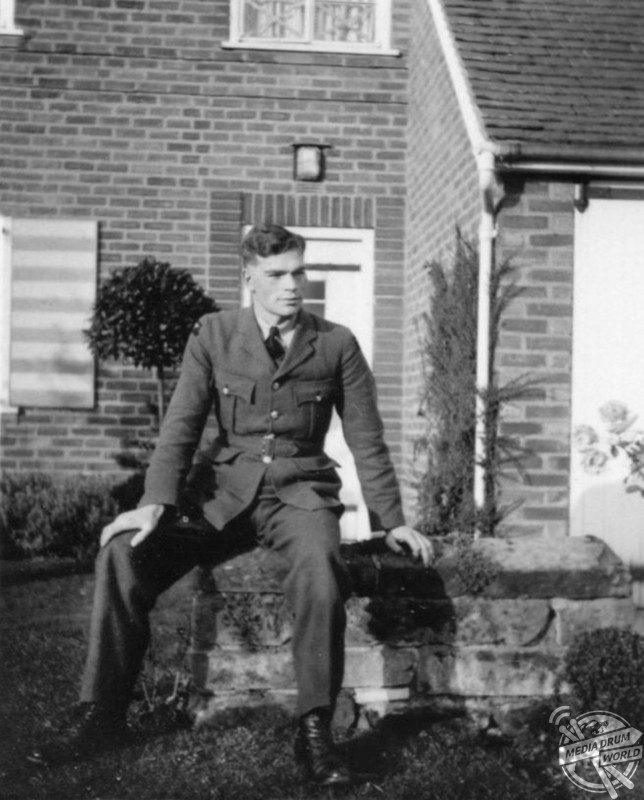
“The experiences of gay men were as diverse and different as their heterosexual comrades. Some were accepted, some were not.
“Some, like Dudley Cave who joined the army in 1940, believed the government and the armed services turned a blind eye to their sexuality because they needed manpower. But this was only for the duration of the war.
“Others who were discovered to be homosexual were court martialled and thrown out of the services, or worse, sent to prison. In Fighting Proud I have tried to give examples of a range of experiences, good and bad.
“I believe attitudes to gay men in the armed services in the First World War were probably much harsher than that of the Second World War, but with the passage of time it was harder to find evidence of positive experiences in the Great War.
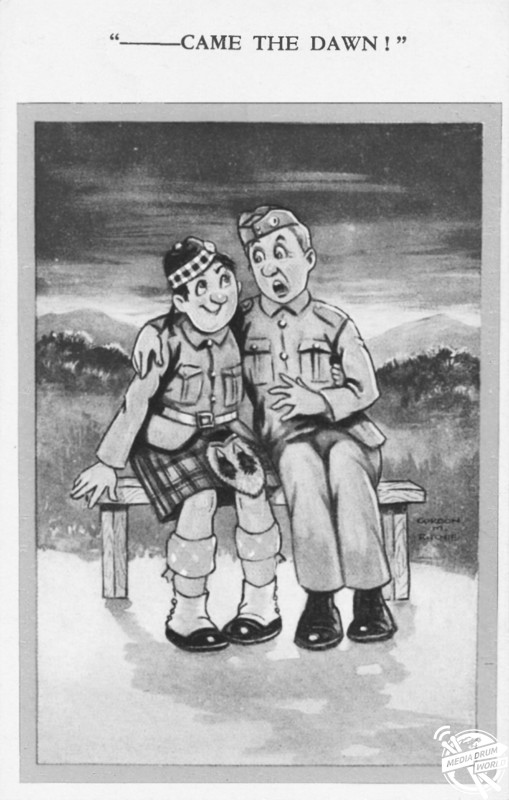
“I am certain that some gay men would have been accepted by their heterosexual comrades on the front-line, and in the trenches, but if they were found out the punishment was harsh, especially in the officer class.
“I was also fortunate to be given permission to publish some of the wartime love letters written by Ralph Hall to his partner Montague Glover. Middle-class Montague had served as a soldier in the First World War and he began a long-term relationship with the younger working-class Ralph in the 1930s.
“Ralph served in the RAF throughout the Second World War and in peacetime the couple lived happily, in domestic bliss, until the 1980s, despite the law that, until 1967, could have had them sent to prison if they were discovered.”
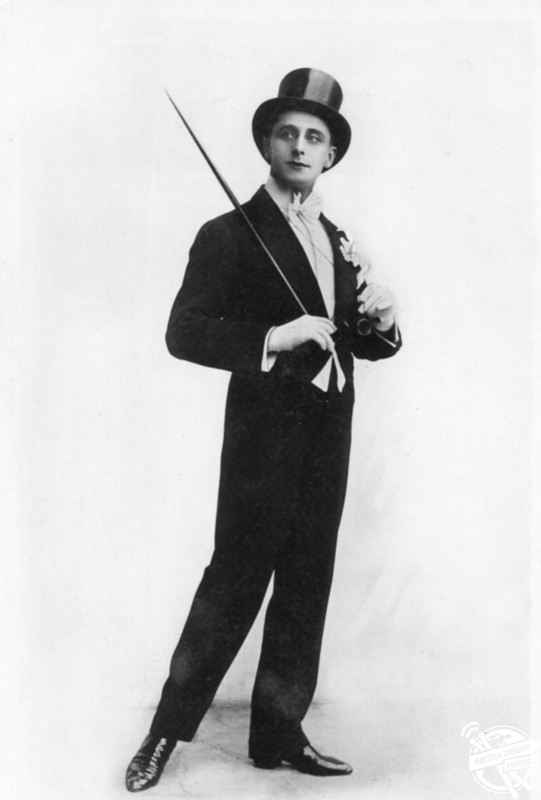
On July 27, 1967, the Sexual Offences Act received royal assent. Homosexual men in Britain were finally protected by law as homosexual acts between two men over the age of 21 in private were legalised.
“In the Second World War, I was surprised at the number of gay servicemen who were not only known to be gay but were accepted by their heterosexual comrades. Some gay men who joined up did face hostility to begin with, but found that if they used humour they could overcome homophobic attitudes and make friends,” added Mr Bourne.
“Time and time again I laughed out loud at some of the funny things gay men said to overcome prejudice. ‘Fight crudity with crudity’, one of them said, when he joined the Navy, ‘and if you’ve got the pluck to do that you’ll find you make friends’.
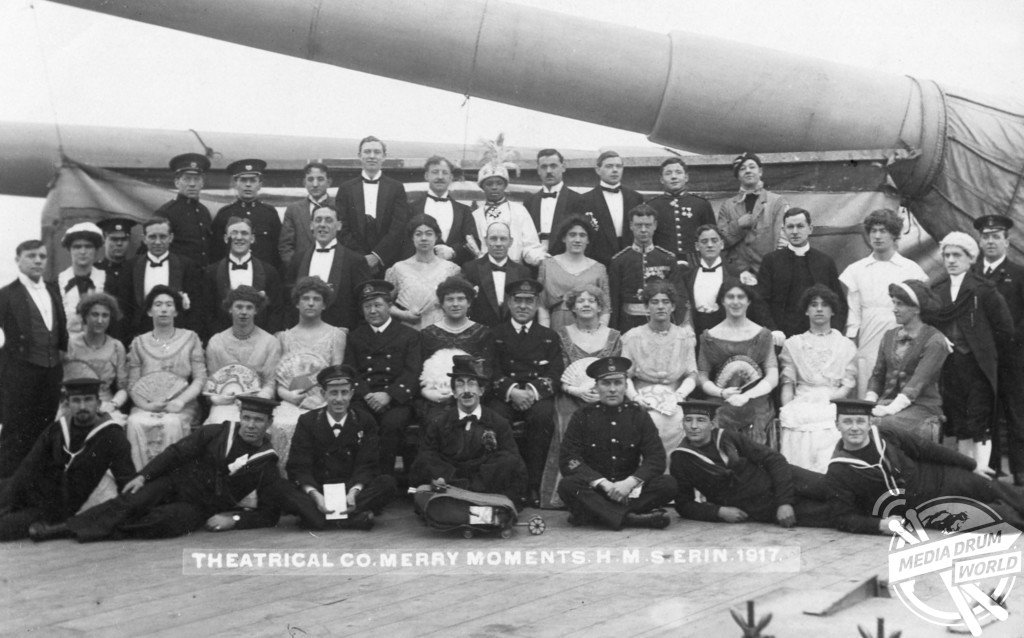
“It was my intention to write a book about gay men’s lives in the two world wars that covered the armed services and the home front. I also wanted to avoid rewriting the life stories of the gay men who I describe as ‘icons’, such as Ivor Novello, T. E. Lawrence, Wilfred Owen and Alan Turing because they have all been well-served by biographers.
“Short profiles of these important ‘icons’ have been included in a section called ‘Not Forgotten’. This made it possible for me to focus on the gay men who have been largely overlooked or forgotten in histories of the two world wars.”
Published by I.B. Tauris, Fighting Proud: The Untold Story of the Gay Men Who Served in Two World Wars by Stephen Bourne is now available to buy on Amazon for RRP £17.99.
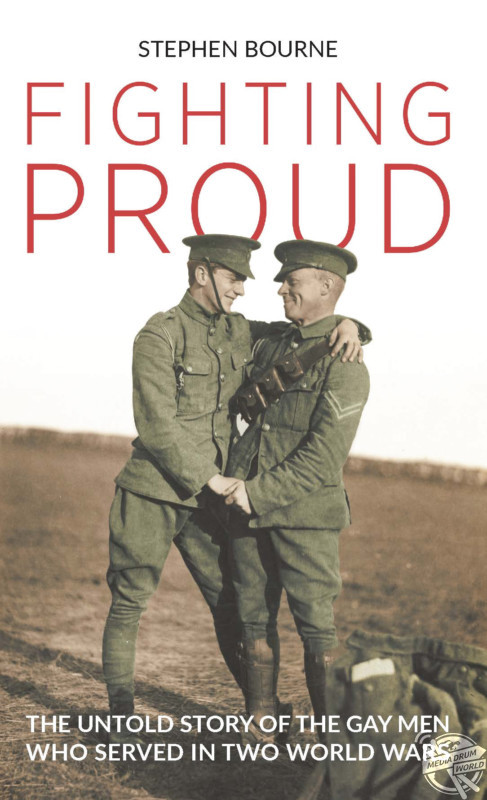
James Gardiner and Neil Bartlett Collection / Wellcome Library / mediadrumworld.com
For more information see www.amazon.co.uk/Fighting-Proud-Untold-Story-Served/dp/1784538744/ref=sr_1_1?ie=UTF8&qid=1501078795&sr=8-1&keywords=fighting+proud






